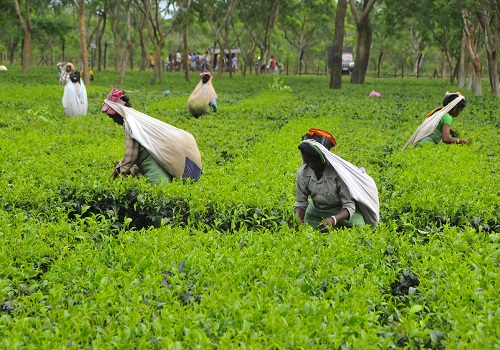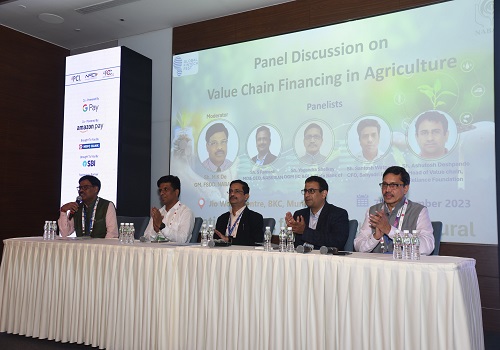Slump in tea prices may hurt India`s overall industry: Tea Association

Follow us Now on Telegram ! Get daily 10 - 12 important updates on Business, Finance and Investment. Join our Telegram Channel
The recent dip in tea prices is expected to lead India's overall tea industry towards a "substantive crisis", the Tea Association of India said on Tuesday.
"The price fetched is gradually decreasing as against the price attained in 2020. The prices have dwindled almost by Rs 15 in November 2021 vis-a-vis November 2020," the tea industry body said.
TAI Secretary General P.K. Bhattacharjee said that around 28 per cent of tea is produced between October and mid-December, which is known as end season tea.
Parallelly, rising labour wages is also a concern for the industry, said the association.
"The wage rise for the decade (2011-2021) for West Bengal has been 201 per cent and the rise in Assam has been 186 per cent for the corresponding period," it added.
Notably, Assam and West Bengal account for almost 50 per cent of India's total tea production.
The association also said that the input costs on fertiliser and coal rose 9-15 per cent at a CAGR (Compound Annual Growth Rate), whereas the increase in tea prices have shown a mere 3 per cent jump.
Separately, tea production for November in these two states is estimated to fall to 100 million kg, as against 124 million kg during the same month last year, the association claimed.
"The drop in crop can be attributed primarily to the weather conditions, where availability of sunshine during the daytime has reduced substantially with decreased temperature at night and occurrence of pests such as helopeltis, looper caterpillar, red spider etc.," it added.
India is one of the major growers of the beverage, producing around 1,330 million kg of tea annually.
Meanwhile, the North Eastern Tea Association (NETA) has urged Union Commerce Minister Piyush Goyal in a memorandum to frame appropriate schemes for the tea industry for a period of at least three years, for both big growers and small growers, for the development of the industry.












 320-x-100_uti_gold.jpg" alt="Advertisement">
320-x-100_uti_gold.jpg" alt="Advertisement">












